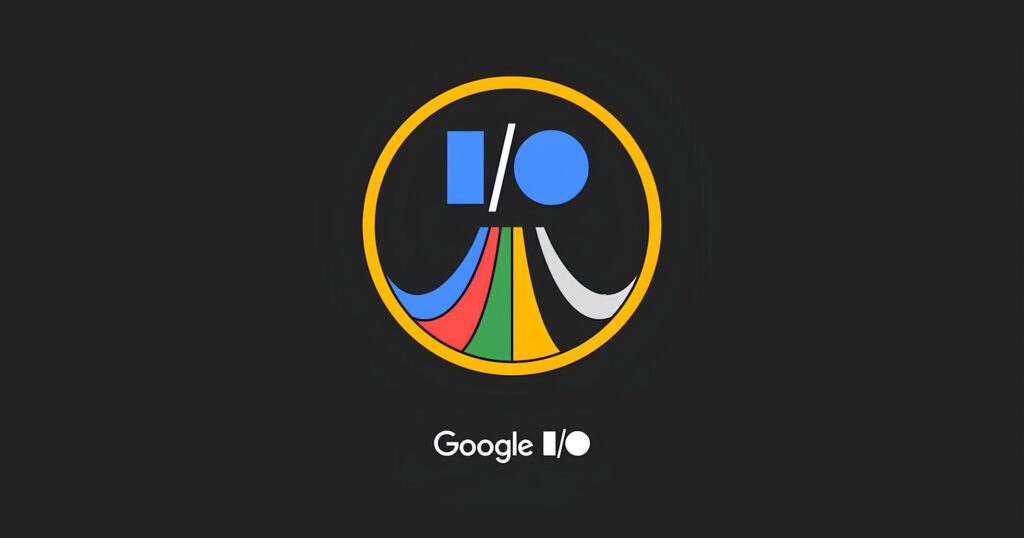Google I/O


Google I/O 2025 marked a pivotal moment in the company’s AI journey, with the entire keynote focused almost exclusively on artificial intelligence. CEO Sundar Pichai opened the event by emphasizing that the world is entering a new phase of the AI platform shift, where decades of research are turning into real-world tools and systems. From creators to developers, Google’s latest announcements signal its intention to put advanced AI into the hands of everyone—whether they’re building films, writing code, or exploring the web.
One of the most exciting announcements was Flow, an AI filmmaking tool designed for storytellers. Flow lets users generate cinematic scenes using natural language prompts, powered by Google’s advanced models—Veo for video generation, Imagen for still visuals, and Gemini for contextual reasoning. Users can control camera angles, stitch scenes together, and edit visuals in real time. Initially launched as VideoFX, Flow is now available for Pro and Ultra subscribers, offering filmmakers a revolutionary way to bring ideas to life without traditional production resources
What makes Flow stand out is its intuitive interface. Filmmakers no longer need technical expertise in CGI or editing software—just a clear vision. Thanks to Gemini’s integration, describing a scene like “a child running through a sunflower field at sunset” results in fully realized cinematic visuals. This tool lowers the barrier for creators and expands what’s possible for indie filmmakers, content creators, and marketing teams alike.
On the engineering front, Google introduced Jules, an autonomous AI coding agent that works asynchronously. Built on Gemini 2.5 Pro, Jules integrates directly into code repositories and clones the project into a secure virtual machine. There, it can audit code, fix bugs, write new features, and even generate unit tests—all without constant human oversight. It also provides a detailed changelog and explanation, making it easier to review and approve its work.
Jules isn’t just smart—it’s secure. Google emphasized that Jules does not train on a user’s private code, maintaining full confidentiality. Developers can use Jules in public beta, including those on the free tier of Gemini 2.5 Pro. The tool’s asynchronous nature means developers can offload routine tasks and focus on higher-level architecture and design.
Beyond Flow and Jules, Google rolled out upgrades to its core AI models. Gemini 2.5 Pro and Flash now include “Deep Think,” an advanced reasoning mode that considers multiple hypotheses before generating a response. New capabilities like native audio output and multi-modal context analysis make Gemini smarter, more responsive, and more human-like than ever.
Google I/O 2025 made it clear: AI is no longer a futuristic idea—it’s an integral part of today’s creative and technical workflows. From cinematic storytelling with Flow to code deployment with Jules, Google is reshaping what individuals and businesses can achieve. As these tools expand globally, the gap between imagination and execution continues to shrink, putting world-class capabilities at everyone’s fingertips.